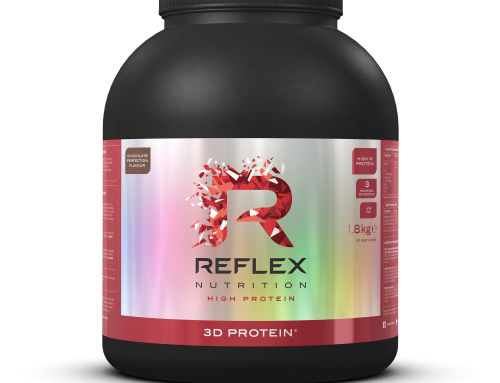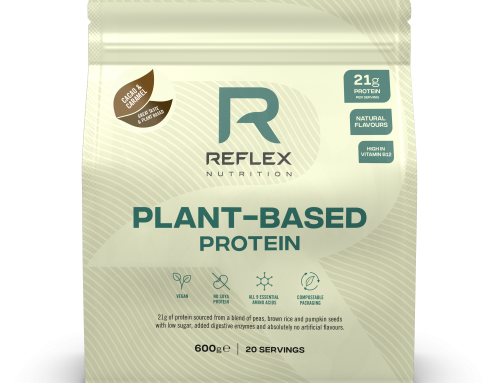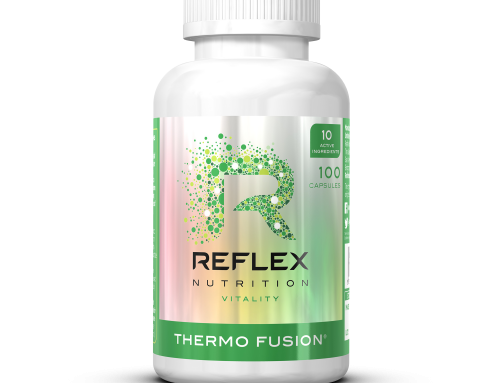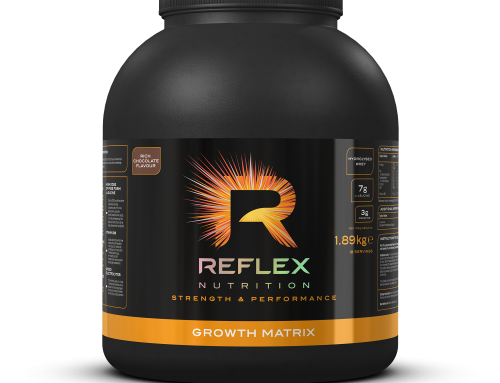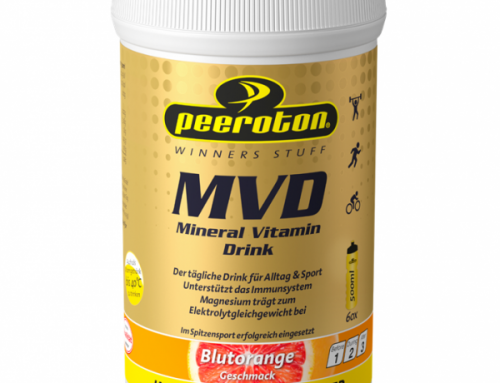Applied Nutrition Leucine 4k Review
Leucine EAA is a product from UK based company Applied Nutrition. This product states that it can contribute to the growth and maintenance of muscle mass. This review will aim to examine the ingredients in this product to see if it can support the claims made.
Ingredients
Leucine
Leucine is one of several Branched chain amino acids (BCAA’s). It is essential for protein synthesis which is stimulated after exhaustive exercise (1) as well as the critical metabolic process in muscle (2,3). The metabolic roles of Leucine include energy production and the modulator of muscle protein synthesis via the insulin signalling pathway. There is a reason to suggest that it helps maintenance of muscle mass during weight loss (4). Leucine has also been shown to help in the direct maintenance of glucose homeostasis by improving the redistribution of glucose via the glucose – alanine cycle (5).
Microcrystalline Cellulose
Micro Crystalline Cellulose is a non-active ingredient which is made up of refined wood pulp. This substance doesn’t degrade during digestion and is preferable in tablets due to it being able to form hard but dissolve quickly.
Hydroxypropylmethyl Cellulose
Hydroxypropyl cellulose does not have any nutritional benefit as its main use is to protect nutrients from the bodies stomach acid
Vegetable Glycerin (from Palm Kernel Oil & Coconut Oil).
Glycerin is a thick colourless, odourless liquid which has been suggested to be a hyper hydrating agent (6). The main reason for this is that it can increase blood osmolality which augments the retention of water (7). It has been suggested to lower heart rate and prolonged exercise (8), however research is still sparse on this ingredient further studies are needed in order to fully understand the capabilities of glycerin.
Stearic Acid
Stearic Acid has no nutritional benefit and is used as a binder in tablets to help with lubrication.
Silicon Dioxide
Silicon Dioxide doesn’t add any nutritional benefits to this supplement. The main reason for silicon dioxide in this supplement is that it aids in the even distribution of the active ingredients in this supplement.
Vegetable Magnesium Stearate
Magnesium stearate does not induce any nutritional benefits. The main reason for this substance being in the supplement is that it is a lubricant for the machinery that manufactures the product.
Cellulose Gum
Cellulose Gum is a non-active ingredient which is made up of refined wood pulp. This substance doesn’t degrade during digestion and is preferable in tablets due to it being able to form hard but dissolve quickly.
Summary
This product contains ingredients that can help build and maintain muscle mass with the combination of resistance exercise. This product can be consumed pre, during and post workout. This product has no banned substances when referring to the WADA prohibited list when observing the label / ingredients posted on the website.
*NOTE – This product has not been tested in a laboratory and may contain other substances that may not appear on the label
References
1 – Tipton, K. D., Ferrando, A. A., Phillips, S. M., Doyle Jr, D., & Wolfe, R. R. (1999). Postexercise net protein synthesis in human muscle from orally administered amino acids. American Journal of Physiology-Endocrinology And Metabolism, 276(4), E628-E634.
2 – Hutson, S. M., & Harris, R. A. (2001). Introduction. Symposium: Leucine as a nutritional signal. The Journal of nutrition, 131(3), 839S-840S.
3 – Layman, D. K. (2002). Role of leucine in protein metabolism during exercise and recovery. Canadian journal of applied physiology, 27(6), 646-662.
4 – Layman, D. K. (2003). The role of leucine in weight loss diets and glucose homeostasis. The Journal of nutrition, 133(1), 261S-267S.
5 – Herman, M. A., & Kahn, B. B. (2006). Glucose transport and sensing in the maintenance of glucose homeostasis and metabolic harmony. The Journal of clinical investigation, 116(7), 1767-1775.
6 – WAGNER, D. (1999). Hyperhydrating with glycerol: implications for athletic performance. Journal of the American Dietetic Association, 99(2), 207-212.
7 – Robergs, R. A., & Griffin, S. E. (1998). Glycerol. Sports Medicine, 26(3), 145-167.
8 – Montner, P., Stark, D. M., Riedesel, M. L., Murata, G., Robergs, R., Timms, M., & Chick, T. W. (1996). Pre-exercise glycerol hydration improves cycling endurance time. International Journal of Sports Medicine, 17(01), 27-33.
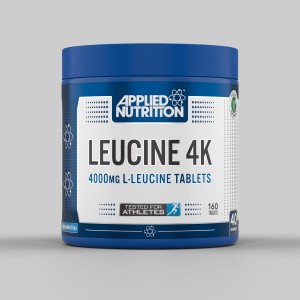
| Use for | Muscle Gain |
| Website | appliednutrition.uk |
| Price | £24.99 |
